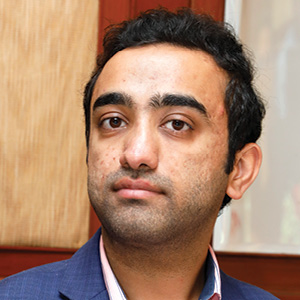Key Points
- It highlighted the importance of harmonising various principles, such as ESG (Environmental, Social, and Governance), CSR (Corporate Social Responsibility), CDR (Corporate Digital Responsibility), and SDGs (Sustainable Development Goals).
- Emphasises role of universities in instilling these values in future leaders and stresses the need for discussions on university social responsibility (USR) alongside other principles.
- Collaboration among multiple stakeholders to address complex societal issues effectively. The importance of interdisciplinary cooperation to develop comprehensive solutions is illustrated using the example of mental health laws.
- The discussions on corporate digital responsibility and digital ethics to ensure that digitalisation evolves in a manner that prioritises human well-being, ethical design, data privacy, sustainability, responsible innovation, and the future of work.
Recommendations
Harmonise Principles
- Develop integrated strategies incorporating Environmental, Social, and Governance (ESG) considerations alongside Corporate Social Responsibility (CSR) initiatives.
- Align corporate practices with Sustainable Development Goals (SDGs) to contribute positively to global sustainability efforts.
- Integrate Corporate Digital Responsibility (CDR) principles into existing frameworks to ensure digital advancements prioritise ethical considerations and societal well-being.
- Encourage companies to disclose their social and environmental impacts transparently, allowing stakeholders to assess their contributions to sustainability and social welfare.
Educational Emphasis
- Introduce courses and programmes within universities that focus on ESG, CSR, CDR, and SDGs to educate and empower future leaders.
- Foster partnerships between academia and industry to provide students with practical experiences in applying these principles in real-world settings.
Interdisciplinary Collaboration
- Establish interdisciplinary research initiatives and forums to address complex societal challenges such as mental health laws, involving experts from law, psychology, sociology and public health.
- Encourage cross-disciplinary dialogue and knowledge exchange to develop comprehensive solutions considering diverse perspectives and expertise.
Address Legal Lag
- Facilitate ongoing discussions among policymakers, industry leaders and ethicists to anticipate and address ethical implications of technological advancements.
- Advocate for developing regulatory frameworks that proactively address issues of data privacy, ethical AI and responsible innovation.
- Promote ethical design principles and practices within the tech industry to ensure that digitalisation evolves in a manner that prioritises human well-being and societal values.

